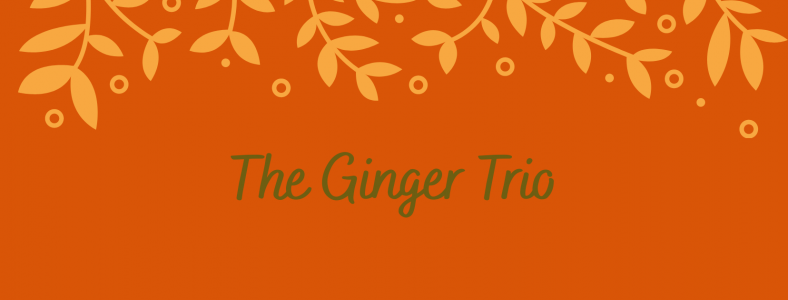World breastfeeding week has rolled around again and now that breastfeeding feels a distant memory for me, my retrospective feelings on it have began to change.
I don’t think I truly appreciated how lucky I was that, by chance, I was surrounded by new mums who were also breastfeeding. For me, it was a relatively common sight during my time as a parent, to the extent I’d say that half of my friends breastfed and the other half formula fed. So when I first read that only 18% of UK women are still breastfeeding when their baby is just six weeks old, I was shocked. Everyone has a choice and it’s a women’s prerogative how they wish to feed their child, but when 81% breastfeed their children at birth, it’s hard to believe that all mums who stopped did so voluntarily. By six months, just 1% of babies are exclusively breastfed. That reads as an issue relating to a huge lack of support across the board.
This is where I took my friendship support network for granted. As it was just as common to me as formula feeding, I had a wealth of other experiences to draw and learn from. I had a bit of extra confidence getting my boob out in public, knowing someone else would inevitably be joining me shortly! But, what if you don’t have that friendship group, and your baby doesn’t latch very well? What if you don’t have that friendship group and your baby wakes every hour of the night? It only takes a quick Google to see that formula is given as a solution that many perhaps may not want to try, but feel helpless and desperate.
And those may be emotive terms, but it does feel that way at times. Breastfeeding takes all of your emotional resources, and when you’ve been feeding your baby for literally hours and they still aren’t done, it can feel really overwhelming. And it can really feel as though it’s not normal. We are living in a fast paced society that just does not accommodate responsive feeding, and doesn’t easily allow you to devote the time to exclusive breastfeeding. We’re expected to want to go out and leave our children from a young age, and have some of the most meagre rates of maternity leave and pay in Europe, forcing women to return to work sooner than they’d ideally like to.
Herein lies the problem. There is such little support for breastfeeding mothers that they are almost set up to fail. The posters are plastered all over the maternity ward and in the doctors surgeries: BREAST IS BEST. BREASTFEED YOUR CHILD. But where is the support to enable that? When I gave birth to Alice, I thought she would know what to do and I would just be holding her in position. But that’s not the case at all. Babies learn as they go, so in the first instance the onus is entirely on a mother who has just gone through the biggest feat her body will ever do. I had one very flustered and busy midwife put Alice on my breast for me, and then she left. That was the beginning, middle and end of my breastfeeding support.
So how on earth can people be expected to continue their breastfeeding journeys in this environment? I’m not blaming the overworked and underpaid midwife; it’s a systemic problem where we place the pressure solely on the woman with no tools to support her. And I’m not talking about the women who want to formula feed either, of course not. But there are so many women who really want to continue breastfeeding but don’t feel they are able. Even as early as my six week check, when I was desperately exhausted, the health visitor suggested I give Alice formula to “fill her tummy more”. Rather than reassuring me that frequent waking is biologically normal and actually beneficial for the baby, her default response was to revert to formula. And if you catch a tired and emotional mum on the wrong day, she may just take that offer up. And before she knows it, she’s fallen into the Top Up Trap and can’t produce enough milk to support her growing baby. When I was organising for Alice to go to nursery, they told me she “really should be just having normal milk by now”. And at my one year check up when Alice was just ten months old, the health visitor asked “and how are you feeding Alice? Formula I presume at her age?”. That health visitor was responsible for seeing however many women that day for their checks, and that was her default response. Instead of feeling proud I’d made it this far still breastfeeding, I felt almost embarrassed. Just these three examples highlight how easily you can build a picture that there is not a supportive narrative within the healthcare and childcare profession. And that’s a problem.
This isn’t really, ultimately about breastfeeding. It’s about giving women better support for their journeys and the confidence to trust their bodies. That in itself is no mean feat when women are told to be self critical and pick their bodies apart from such a young age. So to anyone reading this and second guessing themselves, the best advice is to truly trust your body and give both you and your baby the time to learn together. It’s gets so much easier after a little while 🧡
